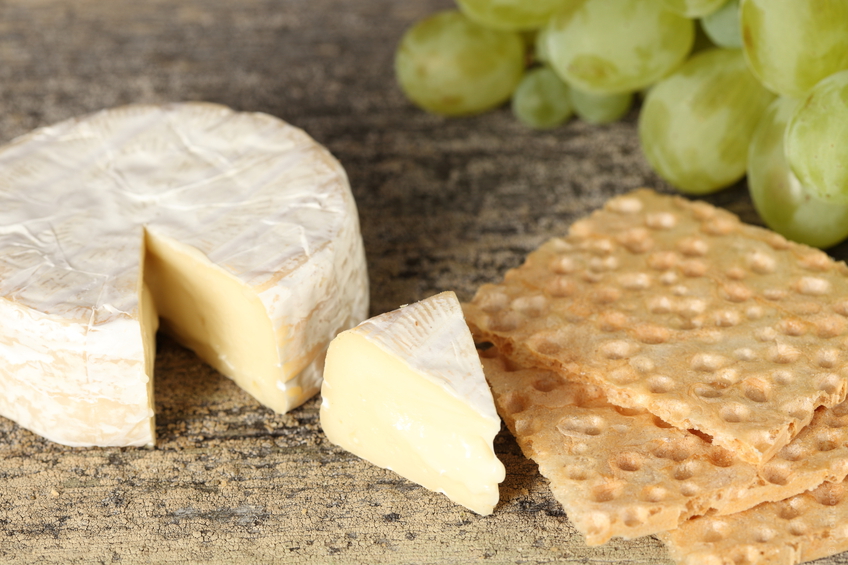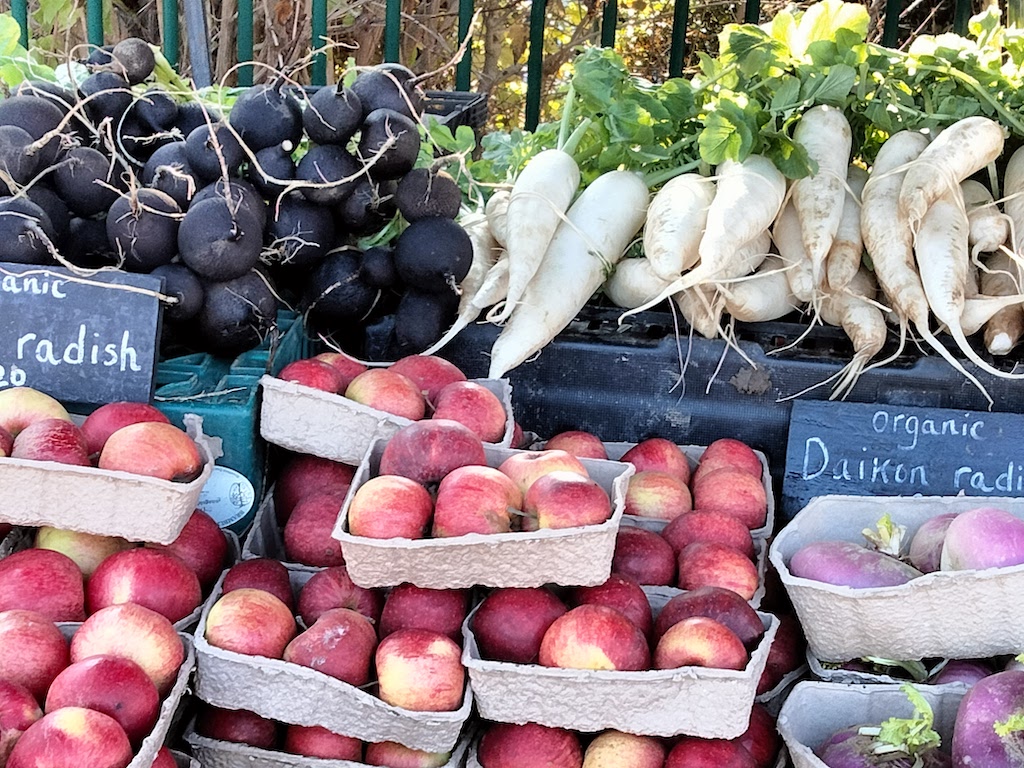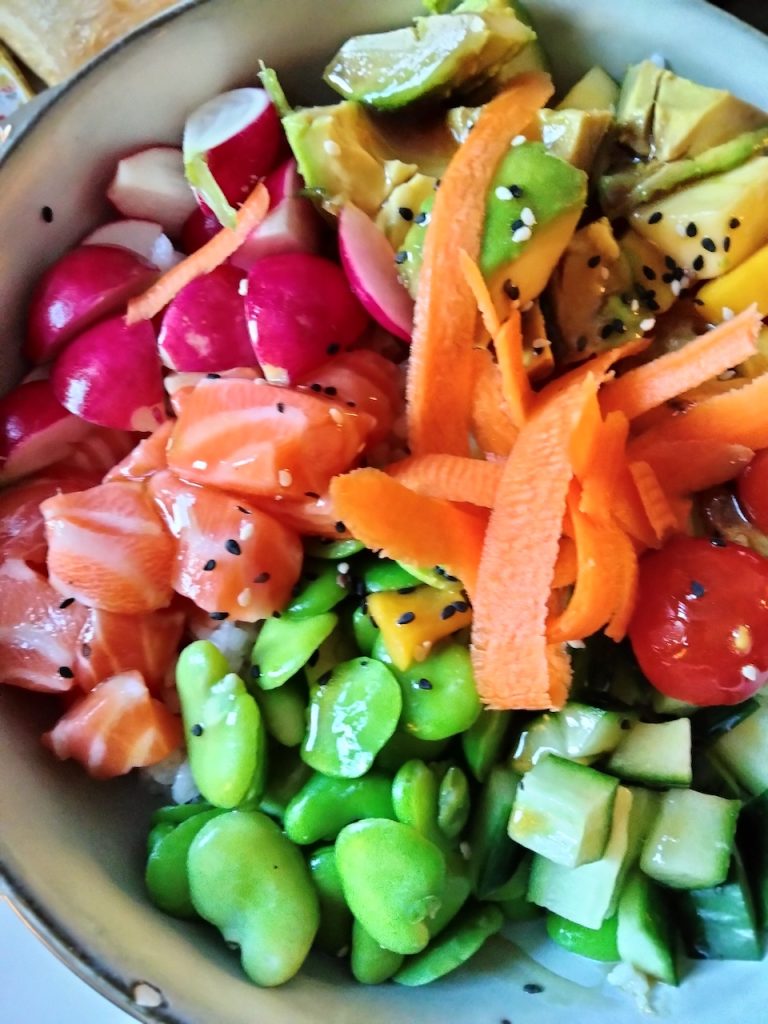Delicate Herbs Dictionary
Herbs and spices are a true goldmine. So versatile, exciting and healthy. Many herbs offer anti-inflammatory, anti-septic, anti-cancer and antioxidant benefits. Herbs contain plant chemicals that promote heart health. Get started today adding delicate flavor with these milder herbs. Add to your recipes in the final minutes of cooking. Consider snipping into tiny pieces with sharp scissors.
- Chervil – often used in French cuisine, along with tarragon, parsley and chives, aka ‘Fines Herbes.’ Has a subtle parsley/licorice flavor. Resembles carrot top leaves. Can be used at the end of cooking process or in cold food prep. Great with string beans, green salads and tomatoes as well as soups, fish and meat dishes.
- Chives – Has a light onion, mild garlic flavor. Particularly easy to snip with scissors. Add to seafood dishes, eggs and omelets, green beans, tomatoes, potatoes and salads.
- Dill – Particularly delicate flavor. Use leaves on fish and seafood dishes, and with vegetables, including cucumbers, green beans, potatoes and potato salad, tomatoes and beets. This feathery herb is delicious in tzatziki sauce.
- Mint – Refreshing, bright, slightly sweet taste. Comes other varieties: spearmint, orange/apple/lemon and peppermint. Use in dessert recipes, beverages (such as iced tea and cocktails) and salads, including grain and veggie salads (tabbouleh). Goes well with lamb and other veggies including corn and potatoes, string beans, eggplant and tomatoes.
- Parsley, – Subtle flavor, faintly herbal. There are 2 main types, flat-leafed and curly (also known as Italian parsley). The flavor is generally better in the flat-leafed variety. Works well in tomato sauces, salads and salad dressings, nearly all vegetables, widely used as a garnish, in marinades, seafood, meat, egg and seafood dishes.










